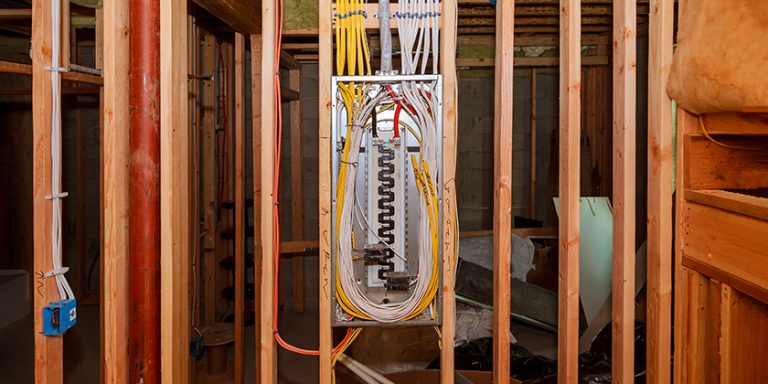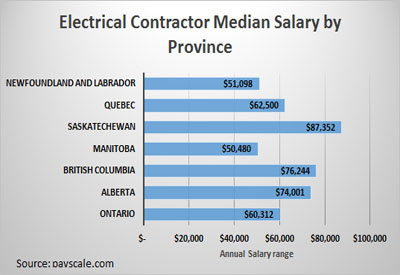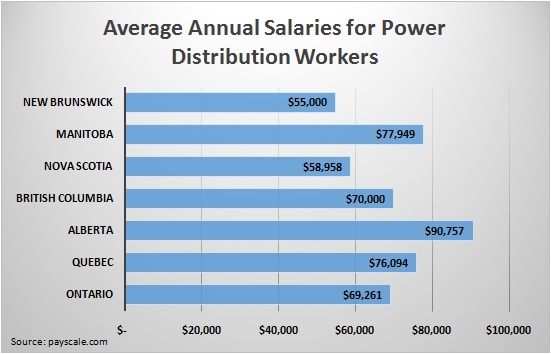Canadaian Governemnt Shares Progress on Climate Change Adaptation Projects in New Brunswick

November 25, 2022
Our homes and buildings are where we live, work, study and gather. They are also Canada’s third-biggest source of greenhouse gas (GHG) emissions. Decarbonizing the buildings sector is therefore critical to meeting Canada’s 2030 climate targets and achieving a net-zero economy by 2050.
Decarbonized buildings also need to be resilient to a changing climate. As communities across Canada face the consequences of more frequent and more severe floods and wind storms, heavier snow loads and longer, hotter heat waves among other impacts, it’s critical to help organizations and individuals adapt and mitigate the impacts of our changing climate while simultaneously increasing their capacity to undertake climate action. Canada is committed to investing in climate adaptation to ensure all Canadians and their communities are more resilient to a changing climate, now and in the future.
Jonathan Wilkinson, Minister of Natural Resources, shared the results of two projects that have increased the capacity of New Brunswickers to adapt to climate change. These projects were funded under the Natural Resources Canada–led BRACE Program, a five-year, $18-million initiative. The BRACE Program works with provinces to support training and knowledge exchange that increases the ability of organizations, businesses and communities to adapt and accelerate their climate resilience. This program’s results will also support the development of the Canada Green Buildings Strategy thanks to the benefits of training for engineers who will contribute to developing a greener vision of building design.
The first project is the Natural and Nature-Based Infrastructure Capacity Building for Engineers, Land Use Planners and Environmental Organizations in New Brunswick, led by the New Brunswick Environmental Network (NBEN). It built capacity among land-use planning professionals, engineers and environmental non-government organizations to better apply natural and nature-based infrastructure principles, processes and projects into climate change adaptation work. This initiative showed that nature-based and natural infrastructures are cheaper and easier to implement, have low maintenance costs and produce multiple benefits. Over time, as knowledge and expertise are mainstreamed and partnerships are established, nature-based infrastructure approaches can be used much more quickly and efficiently. Through this project, the NBEN has implemented and maintained a community of practice, provided training opportunities and resources, linked various initiatives, piloted projects and created resources such as a Case Studies map.
The second project, led by the Université de Moncton, is a climate change adaptation capacity-building project for New Brunswick engineers that provided training and resources on how to incorporate future climate change considerations into their practice. This involved developing an adaptation and resilience toolkit that demonstrates how to apply tools and guidelines to help practitioners apply the latest codes and standards and conduct climate risk assessments, including the certification of numerous engineers in this field. National and provincial training workshops were also held for practicing engineers, as well as engineering educators and students, resulting in the development of a national best-practices primer on the training of engineers in climate change adaptation.
Additionally, this project involved the development of the Climate Change Adaptation Resource Pathway (ARP) for Engineering and Built Infrastructure. This interactive document helps adaptation practitioners at all levels navigate the vast array of information available on engineering and built infrastructure and incorporate it in their planning and design work.
Collaboration to address climate change risks, share expertise and knowledge, and provide training to develop skills will support increasing the uptake of nature-based infrastructure solutions. BRACE results have contributed to the Canada Green Buildings Strategy objectives for climate-resilient buildings, a strategy that will mobilize national action to transform markets and reduce costs to meet these goals.
Quick facts
- Although many climate change adaptation resources and tools are available, organizations and individuals often lack the capacity to use them. That’s why the BRACE Program invested in training, knowledge-exchange activities and practical action to increase the capacity of organizations, professionals, communities and small to medium-sized businesses to undertake climate change adaptation actions.
- Under BRACE, twenty projects have been co-funded and executed. They have targeted several themes, including infrastructure, forest and water management, and nature-based solutions. Project activities, such as courses, workshops, networks and internships, help engineers, planners, resource managers, recent graduates and others develop the competencies of knowledge, skills and behaviour needed to act on adaptation.
- In fact, as part of its three-year BRACE project on building the capacity of New Brunswick private woodlot owners to adapt to climate change, the New Brunswick Federation of Woodlot Owners (NBFWO) built the capacity to adapt to changing environmental conditions on private woodlots. The project goals were to build the capacity of woodlot owners through education and implementation of best management practices to make management decisions that are adapted to climate change, resulting in forests that are more climate-resilient.
- The Canada Green Buildings Strategy will seek to mobilize national action to reduce emissions by 37 percent from 2005 by 2030 and to create a net-zero-emissions buildings sector by 2050. The Strategy will focus on increasing the rate of building retrofits, ensuring buildings are resilient and net-zero from the start, and on transforming space and water heating. It will be backed by $150 million, as committed to in Canada’s Emissions Reduction Plan.
- Canadians’ input to the Canada Green Buildings Strategy is essential to ensure that it reflects the priorities of people living in Canada and enables everyone to contribute to greening our built environment. Add your voice to the discussion of reaching net zero in the buildings sector. Have your say!
















